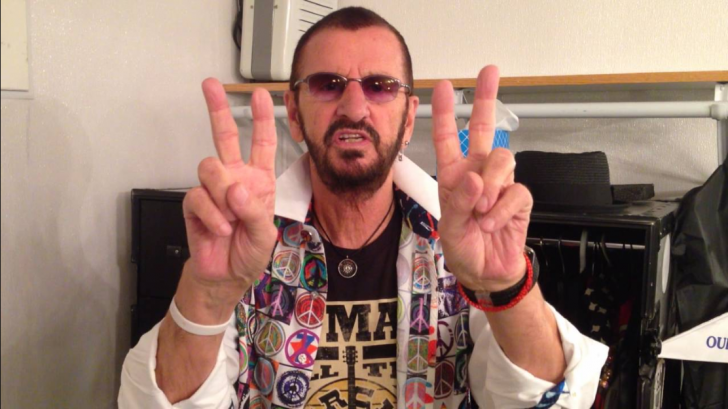The era of Beatlemania holds tales of both musical brilliance and the strains within the iconic band. Ringo Starr, the Beatles’ drummer, found himself at a crossroads during the recording of the White Album in 1968. His decision to step away from the sessions led to a surprising turn of events and the creation of a song that would become an underrated hit in the Beatles’ catalog.
Cracks Beneath the Surface
Amid the frenzy of Beatlemania, tensions simmered behind closed doors. On August 22nd, 1968, Ringo Starr left the White Album recording sessions. Unbeknownst to the public, heated discussions and strained interactions were taking a toll. Starr, who often arrived early at the studio, felt increasingly distant from the rest of the group. Feeling unloved and disconnected, he decided to approach his bandmates.
In his confession shared in Anthology, Starr revealed his feelings of inadequacy and detachment from the band. He told John Lennon about his decision, explaining, “I’m leaving the group because I’m not playing well and I feel unloved and out of it, and you three are really close.” Astonishingly, Lennon and Paul McCartney shared that they had felt the same way, each thinking the others were more connected. This revelation exposed the mounting tension among the band members.
View this post on Instagram
The Birth of ‘Octopus’s Garden’
During his time away in Sardinia, Starr found solace on a borrowed yacht. It was here that he penned “Octopus’s Garden,” his second solo composition for the Beatles. The song was inspired by a conversation with the yacht’s captain about octopus behavior. Starr’s childlike fascination with the underwater world fueled the song’s creation. He recounted, “A couple of tokes later with the guitar and we had ‘Octopus’s Garden’.”
While Starr was crafting his song, the remaining Beatles continued recording. McCartney took over the drums temporarily. However, it didn’t take long for them to realize the void Starr’s absence had left. The group sent him a heartfelt telegram, declaring their love and appreciation. Moved by their words, Starr returned to Abbey Road in September. The welcoming sight of his drum kit adorned with flowers marked his reintegration into the band.
Starr’s return not only healed the band’s discord but also contributed to their collective growth. McCartney’s reflection on Starr’s insecurities echoed the sentiments of the group. McCartney affirmed, “You are the best drummer in the world for us.” The gesture marked a turning point, reestablishing Starr’s confidence and reminding him of his vital role within the Beatles.

